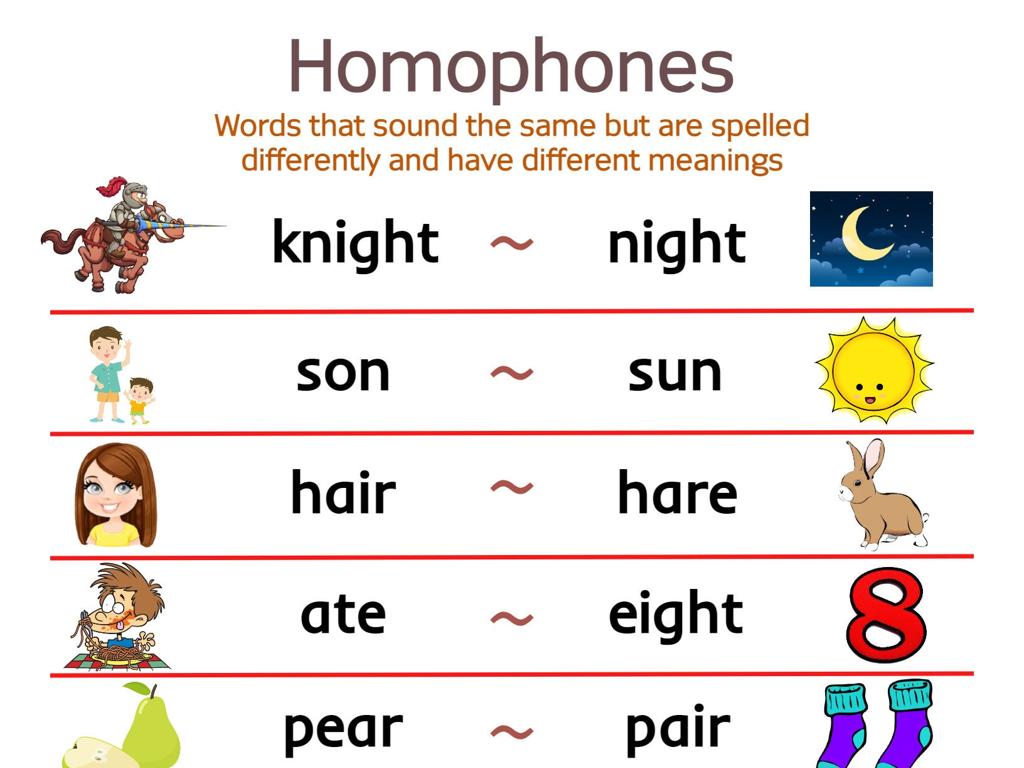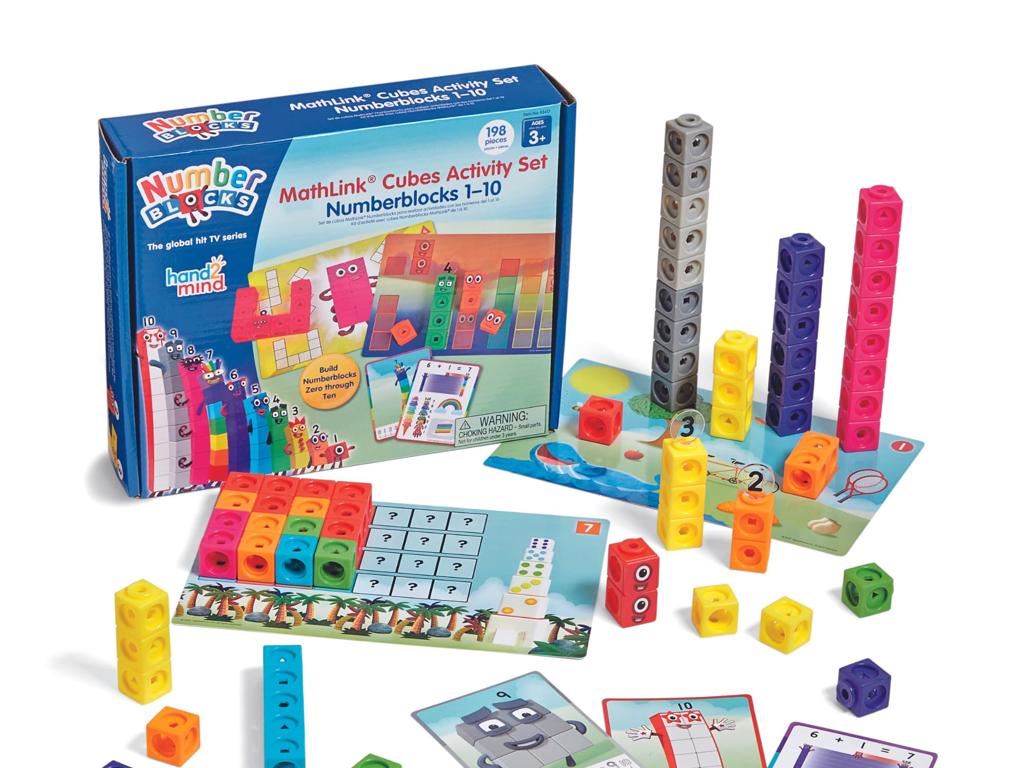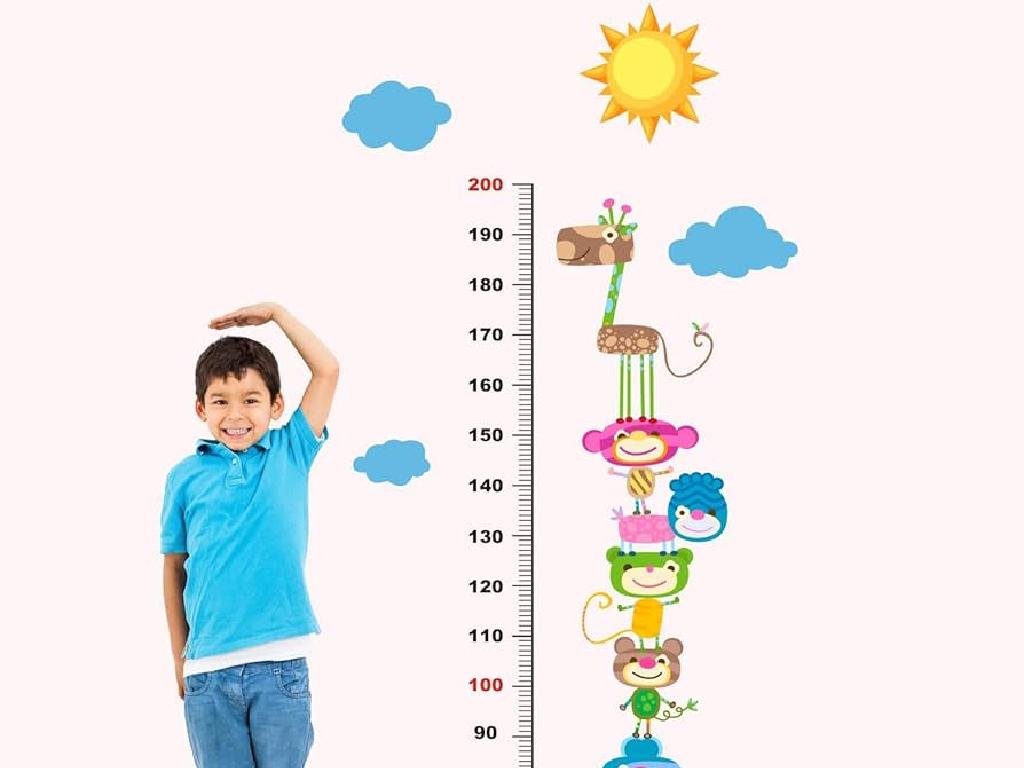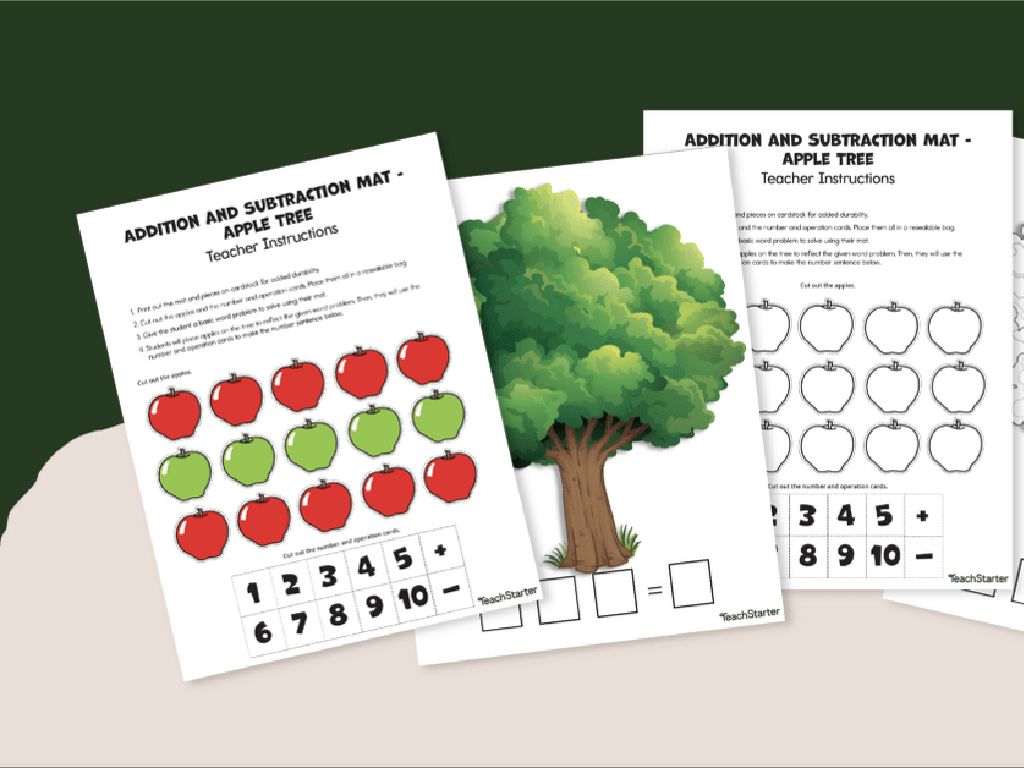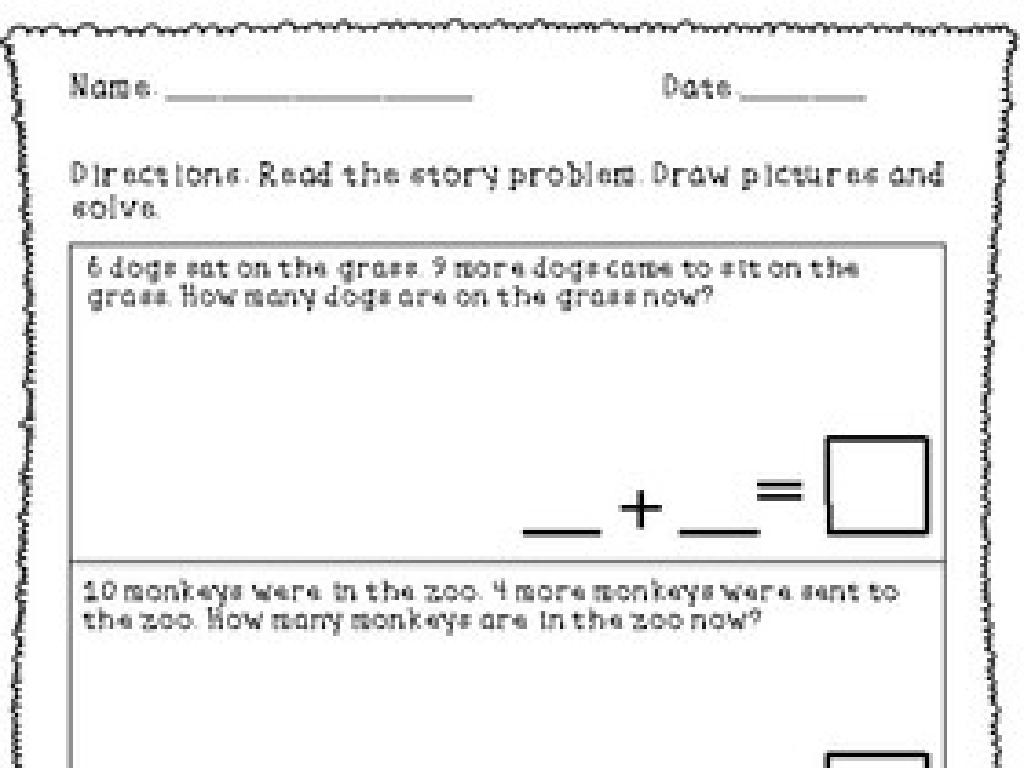Change The Sentence To Future Tense
Subject: Language arts
Grade: Fourth grade
Topic: Identify The Irregular Past Tense
Please LOG IN to download the presentation. Access is available to registered users only.
View More Content
Today’s Adventure: The Future Tense!
– Exploring future tense verbs
– Verbs that tell us about actions that will happen.
– How to form future tense sentences
– We often use ‘will’ before the verb to talk about the future.
– The significance of using correct tense
– Using the right tense helps us communicate clearly about time.
– Practice examples for class
– ‘I eat an apple’ becomes ‘I will eat an apple’ in the future tense.
|
This slide introduces the concept of the future tense, which is used to describe actions that have not yet occurred but will happen at a later time. Emphasize the importance of tense as a way to place actions in time, ensuring clear communication. Provide examples of how to change present tense sentences to future tense by adding ‘will’ before the verb. Encourage students to think of actions they plan to do and practice converting those sentences into the future tense. As an activity, students can write their own sentences or convert given sentences to future tense, and share with the class for reinforcement.
Exploring Future Tense
– Understanding Tense in sentences
– Tense indicates the time of action
– Three main tenses: Past, Present, Future
– Each tense tells us a different time
– Today’s focus: Future Tense
– We will learn how to use ‘will’ and ‘going to’
– How to form Future Tense
– Examples: ‘I will eat’ or ‘I am going to eat’
|
This slide introduces the concept of tense to the students, emphasizing the time aspect of actions in sentences. It’s crucial to explain that tense allows us to place actions in time, specifically in the past, present, or future. Today’s lesson will focus on the future tense, which is used to describe actions that haven’t happened yet. Teach students how to construct the future tense using ‘will’ for simple future actions and ‘going to’ for planned future actions. Provide examples and encourage students to convert present tense sentences into future tense as practice.
The Future of Past Tense: Irregular Verbs
– Understanding irregular past tense
– Past tense without the usual -ed ending
– ‘Go’ changes to ‘went’
– Instead of ‘goed’, we use ‘went’
– ‘Buy’ transforms into ‘bought’
– We don’t say ‘buyed’, it’s ‘bought’
– Irregular verbs break the rules
– These verbs don’t follow regular patterns
|
This slide aims to help students grasp the concept of irregular past tense verbs, which do not follow the standard rule of adding -ed to the base form. Start by explaining that irregular verbs are unique and must be memorized because they don’t have a set pattern. Provide clear examples by contrasting the base form of the verb with its irregular past tense form, such as ‘go’ versus ‘went’ and ‘buy’ versus ‘bought’. Emphasize that these are common verbs they might use often. Encourage students to think of other verbs that might be irregular and to practice by writing sentences using those verbs in the past tense. This will prepare them for recognizing and using irregular past tense verbs in both their writing and reading.
Changing to Future Tense
– What is Future Tense?
Future Tense describes what will happen.
– Using ‘will’ for the future
We add ‘will’ before the main verb to show future action.
– Example: ‘I eat’ to ‘I will eat’
The present tense ‘I eat’ changes to ‘I will eat’ for future.
– Practice changing sentences
|
This slide introduces the concept of future tense to the students, explaining that it is used to talk about actions that will happen. Emphasize the use of ‘will’ before the verb to indicate future actions. Provide the example ‘I eat’ and show how it changes to ‘I will eat’ to demonstrate the concept. Encourage students to practice by taking present tense sentences and converting them to future tense, reinforcing their understanding of the tense change. This activity will help students become more comfortable with identifying and using the future tense in their writing and speech.
Let’s Practice Together: Future Tense
– Change to future tense: ‘He went to the store’
He will go to the store.
– Change to future tense: ‘She bought a new book’
She will buy a new book.
– Use ‘will’ to form the future tense
– Practice makes perfect!
|
This slide is designed to help students practice changing sentences from the past to the future tense. The focus is on using the word ‘will’ to indicate future actions. Start by explaining that the future tense describes actions that haven’t happened yet but will happen later. Go through each example sentence and demonstrate how to change the verb to its base form and add ‘will’ in front to shift the tense. Encourage students to come up with their own sentences and convert them into future tense as well. This activity will help solidify their understanding of tense changes and the use of ‘will’ for future actions.
Your Turn: Crafting Future Tense Sentences
– Write sentences in future tense
– Use irregular past tense verbs
– Include verbs like ‘saw’, ‘taught’, ‘went’ in a future setting
– Partner up to share sentences
– Review and correct each other’s work
– Give and receive feedback on the use of future tense
|
This slide is designed to engage students in an interactive activity where they apply their knowledge of irregular past tense verbs in a future tense context. Encourage students to think creatively and come up with sentences that reflect future actions or events. Remind them to use the irregular past tense verbs they’ve learned, such as ‘see’ becoming ‘will see’ or ‘go’ becoming ‘will go’. Pairing up allows students to collaborate and learn from each other, providing peer feedback which is a valuable part of the learning process. As a teacher, circulate the room to offer guidance and ensure that each student understands the concept of future tense and the correct use of irregular verbs.
Class Activity: Time Capsule Letters
– Write a letter to your future self
– Use future tense in your letter
– Describe what you will do and will achieve
– Imagine your future achievements
– Think about goals, dreams, and everyday activities
– We’ll ‘send’ these to the future
|
In this engaging class activity, students will practice using the future tense by writing letters to their future selves. Encourage them to think about what they hope to accomplish and what their lives will be like. They should use phrases like ‘I will’ or ‘I am going to’ to describe future events and goals. Collect the letters and store them to be read at the end of the school year. This activity not only reinforces the grammar lesson but also serves as a memorable moment for students to reflect on their growth. Possible variations of the activity could include creating a class time capsule or having students draw pictures of their future selves to accompany their letters.
Looking Ahead: Writing in Future Tense
– Congratulations on learning future tense!
– Homework: Craft a short story
– Let your imagination run wild and create a fun narrative
– Use future tense verbs in your story
– Remember, future tense talks about what ‘will happen’ or ‘is going to happen’
– Share your story in our next class
|
Today’s lesson focused on understanding and using the future tense. For homework, students are tasked with writing a short story that incorporates future tense verbs, allowing them to apply what they’ve learned in a creative context. Encourage them to think about events that will take place and to use phrases like ‘will’ or ‘is going to’ to indicate the future. This exercise will help solidify their grasp of future tense. Tomorrow, we will have a sharing session where each student will present their story, fostering a supportive environment for practicing their new language skills.

